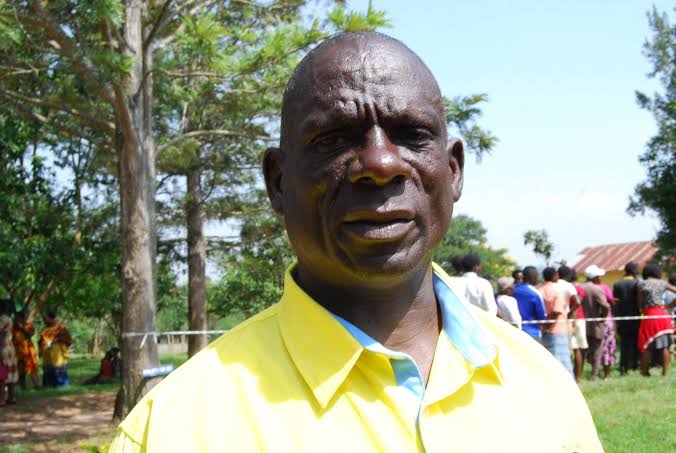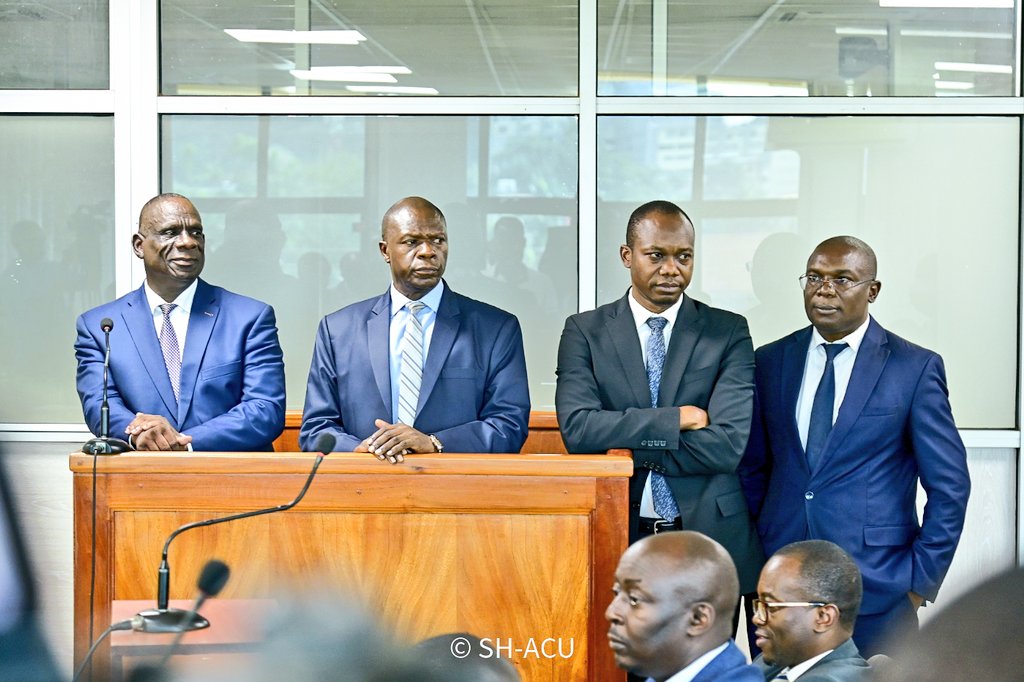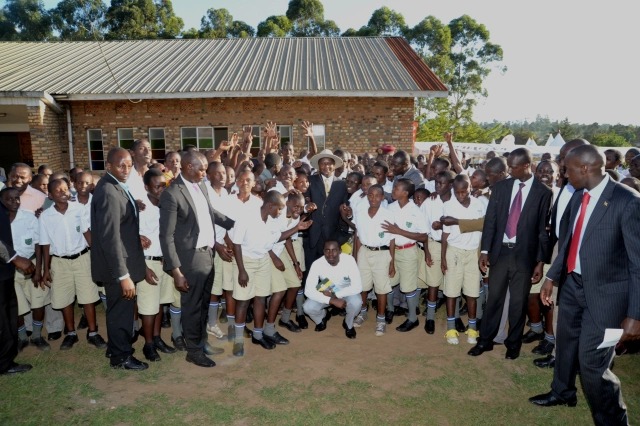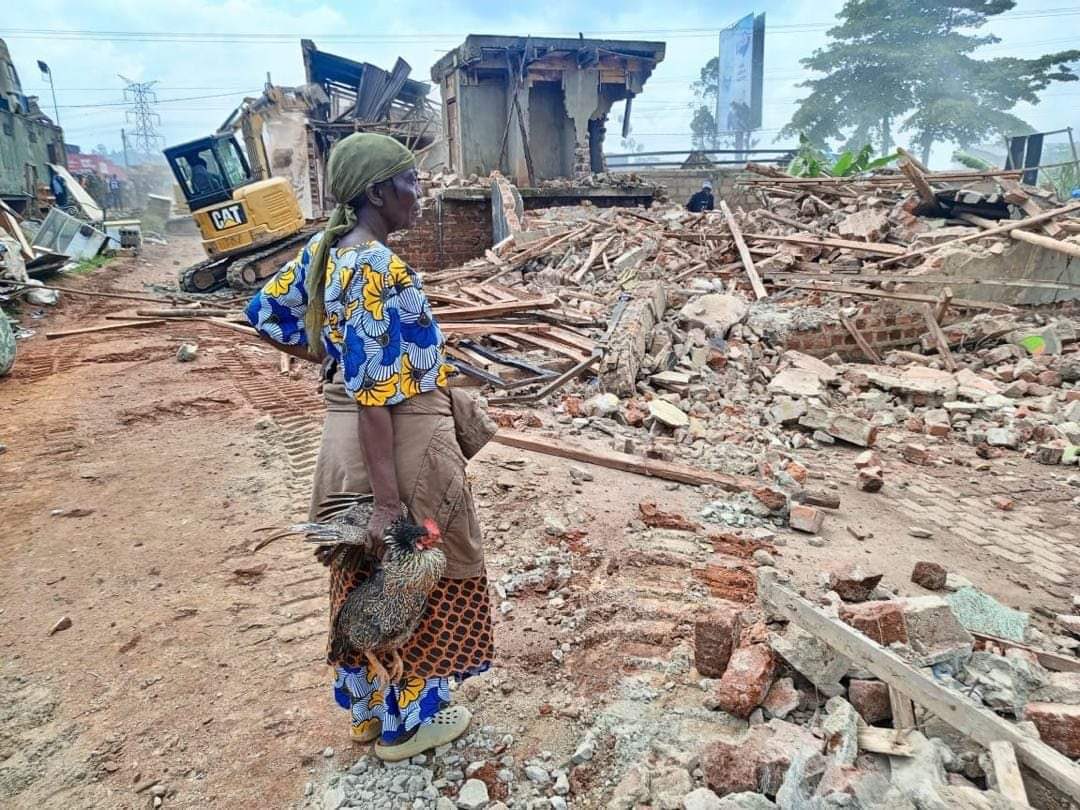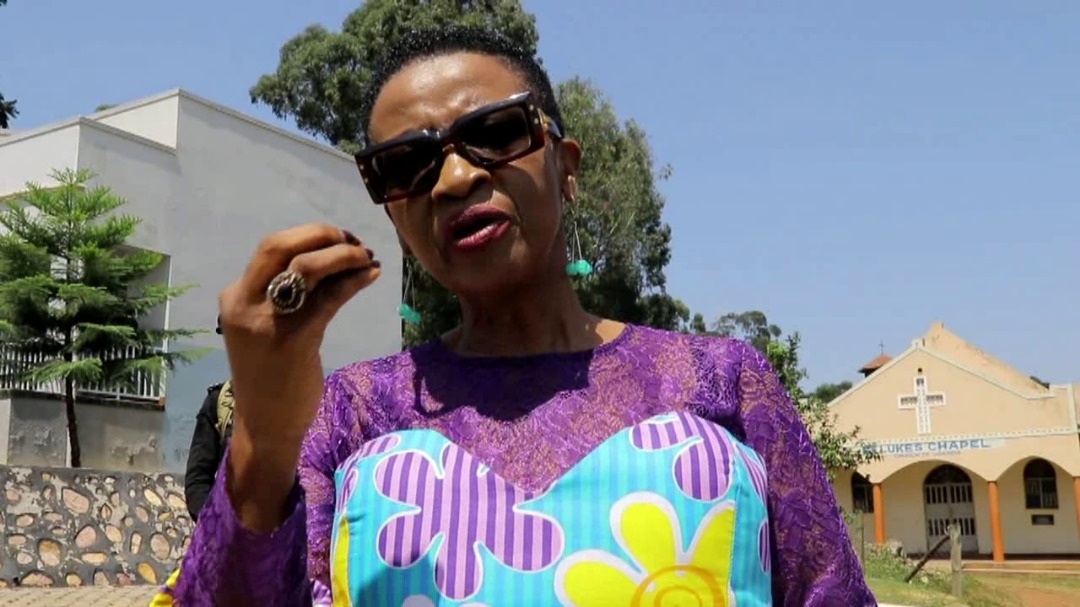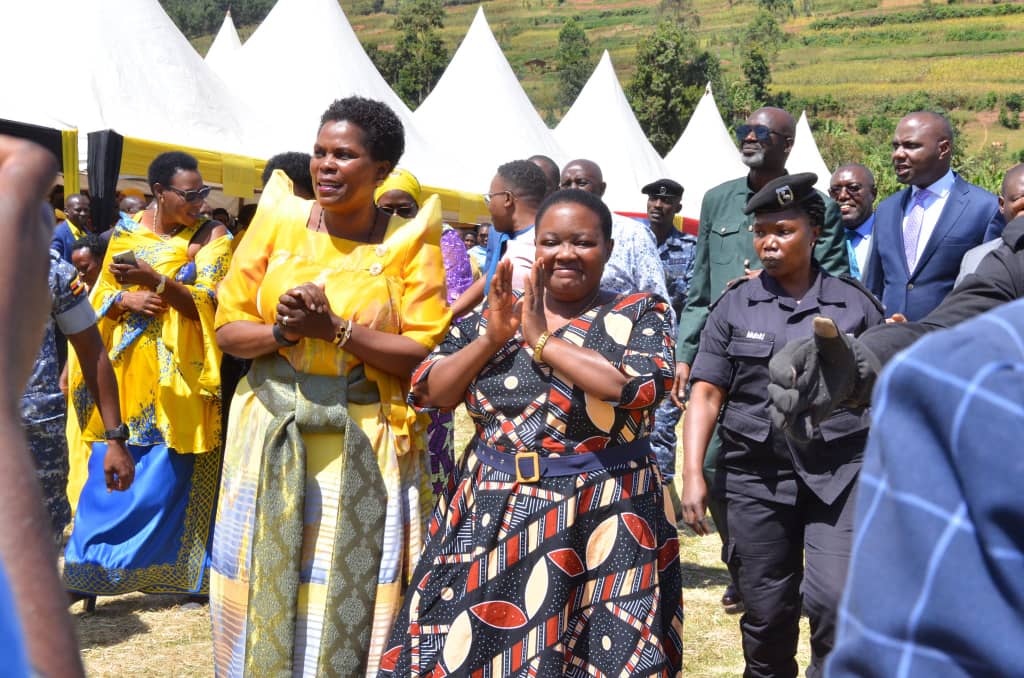80% of Ugandans have felt impact of climate crisis - report
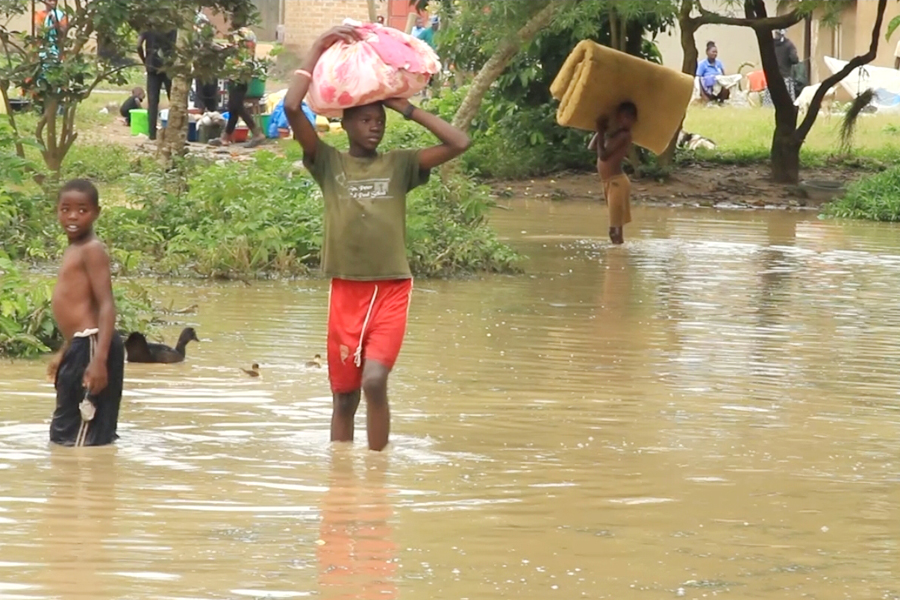
A staggering 80 percent of Ugandans have felt the devastating impact of the global climate crisis, a new report says.
The repercussions are far-reaching, encompassing low crop production, the spread of human diseases, and an increase in poverty levels.
The most severely affected regions are northern and eastern Uganda, where the plight of climate change is most acutely felt, t he report by Twaweza says.
According to the report, a majority of Ugandans, 57 percent to be precise, have witnessed the climate deteriorating before their eyes.
The dire situation has left 86 percent of the population deeply concerned about the consequences of climate change on their daily lives.
The effects are evident and alarming, as seven out of ten citizens report a decline in agricultural yields in recent years. Moreover, securing basic necessities for their households has become an arduous task for the same number of respondents.
These distressing findings stem from Twaweza's research brief titled "A burning planet? It's already happening: Ugandan citizens' opinions and experiences of the climate crisis."
The data was collected through Sauti za Wananchi, Africa's first nationally representative high-frequency mobile phone survey, involving 2,762 respondents during the sixth round of calls from October 25 to November 25, 2023.
"Most citizens report experiencing the effects of climatic or environmental changes at household (82 percent) and community (83 percent) level," the report says.
"This is more common in rural areas, among poorer households, and households that depend more on agriculture for their livelihood. It is also reported in the Northern and Eastern parts of the country than in and around Kampala."
According to the report, the main effects of climatic or environmental changes affecting households are low crop yields (40 percent) and lack of food (17 percent).
The same issues dominate community-level impacts at 32 percent low yields and 17 percent lack of food. Damage to roads is widely reported at community and national level.
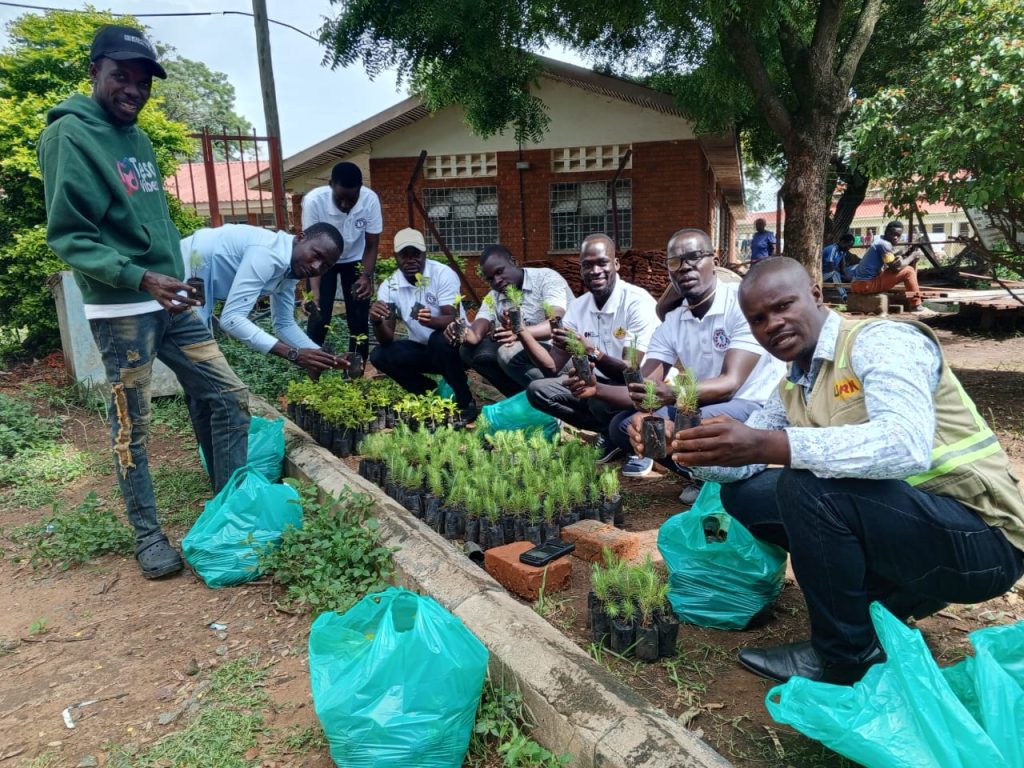 Teso journalists prepare to plant trees
Teso journalists prepare to plant trees
The gem in trees
The survey shows that planting trees is the most recommended action to mitigate the adverse effects of climate change, with 52% of respondents endorsing this suggestion, and nearly as many (45 percent) claiming to have already undertaken this activity.
“Following closely behind is f advocating for tree protection or planting cited by 36 percent of respondents. This matches with citizens’ views on the causes of climate change, where70 percent identify deforestation as a major cause of climate change,” the says the report.
“Nevertheless, half of citizens (51 percent) agree with the statement that rich countries should take most of the blame for climate change, while one out of three (34 percent) disagree.”
The report notes that the consensus among citizens is strong regarding the responsibility for climate change adaptation costs.
A significant majority, approximately seven out of ten citizens (68 percent), support the notion that those accountable for climate change should shoulder the entirety of the burden for adapting to its effects.
“Looking beyond this survey, while deforestation in East Africa may exert some minor influence on carbon dioxide levels and local weather patterns, the scientific consensus is that climate change predominantly stems from the carbon emissions of industrialized nations,” the report indicates.
The report shows that cumulative carbon dioxide emissions since 1750 originating from African countries are tiny when compared with emissions from wealthier countries and regions.
For instance, emissions from the UK alone surpass those from the entire continent of Africa, and emissions from Kenya, Tanzania, and Uganda barely register.
Violet Alinda, country Lead for Twaweza, said: “Uganda is very vulnerable to the effects of climate change, and this new data tells us that citizens are already experiencing the kind of changes to agricultural production that climate scientists have predicted.
“The data also tells us that citizens are (understandably) worried. At the same time, there is no doubt that the main cause of climate change is wealthy nations’ carbon emissions, well above the impact of local activities like deforestation."
She however said while it can be tempting to sit back and wait for high-income countries to pay for their actions, by doing so we risk denying ourselves the opportunity to engage meaningfully in critical negotiations and decisions.
“By acknowledging our part, we can be part of the solution.”
Twaweza means “we can make it happen” in Swahili. Twaweza works on enabling citizens to exercise agency and governments to be more open and responsive in Tanzania, Kenya and Uganda.






